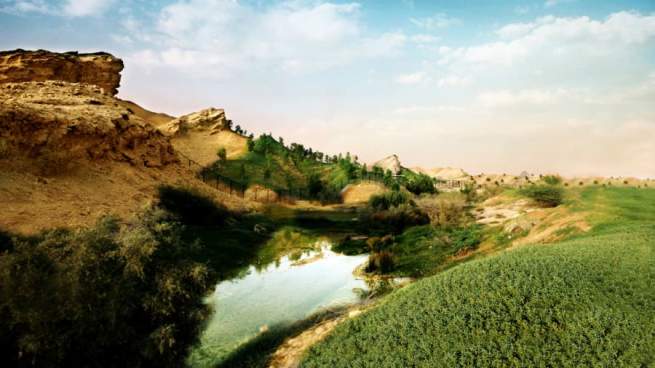The clashes come amid mounting international pressure on President Abdoulaye Wade over his plans to seek a third term in Feb. 26 elections in defiance of opposition complaints it would breach rules setting a two-term limit.
Youths shouting “Wade step down” set fire to a bus on one of the city’s major thoroughfares and threw rocks at riot police, who retaliated with tear gas and stun grenades and chased them onto the grounds of a university, Reuters witnesses said.
The clash comes a day after a student was run over by a truck when a protest by thousands of people at a public square in the capital turned violent.
Senegal’s top legal body, the Constitutional Council, confirmed on Monday that Wade, 85, could seek a third term in this month’s polls – a ruling that has provoked protests across the country and raised international hackles.
Former colonial ruler France, one of the top foreign investors in Senegal, said on Wednesday it would like to see power pass to a younger generation in the West African nation, and urged all sides to show restraint.
“We have wished that the change in generation takes place and that message has been heard in Dakar,” French Foreign Minister Alain Juppe said in parliament.
Paris has about 18,000 nationals in Senegal, of which half are dual nationals. It also has some 430 troops as part of a defence cooperation agreement following a decision in 2010 to close its military base after the two countries negotiated a deal ahead of the 50th anniversary of independence.
“In response to the election processes in Africa, France has taken a very clear position: We call for the respect of law and fundamental rights, reject all violence from wherever it may come and we don’t favour candidates from one side or another and that is the case in Senegal,” Juppe said.
A senior U.S. official, Deputy Secretary of State William Burns, said earlier in the week that Wade’s bid for a third term could jeopardise the country’s strong record of democracy and stability.
Senegal Foreign Minister Madicke Niang on Wednesday rejected the foreign criticism.
“If these comments are indeed coming from the authorities cited by the press, I want to say to them that Senegal has nothing to learn from anyone about democracy,” he told reporters at a press conference.
“It will be the Senegalese that will elect their president in a sovereign, free and transparent way. The vote won’t be in France, nor the United States, nor anywhere else,” he said.
Wade, who came to power in 2000 and was re-elected in 2007, has argued his first term should not be counted in a two-term limit added to the constitution in 2001. The five judges of the Constitutional Council – all picked by him – agreed with that interpretation.
Four people have been killed since protests against Wade erupted on Friday, including one policeman. Amnesty International on Wednesday urged Senegal to rein in its security forces. (Additional reporting by Diadie Ba in Dakar and John Irish in Paris; Writing by Richard Valdmanis, Editing by Rosalind Russell)


















